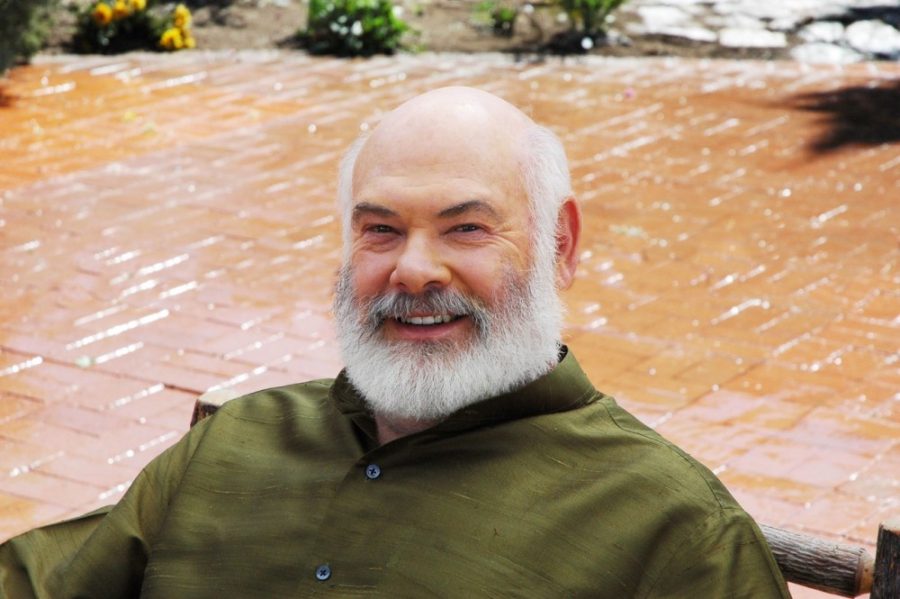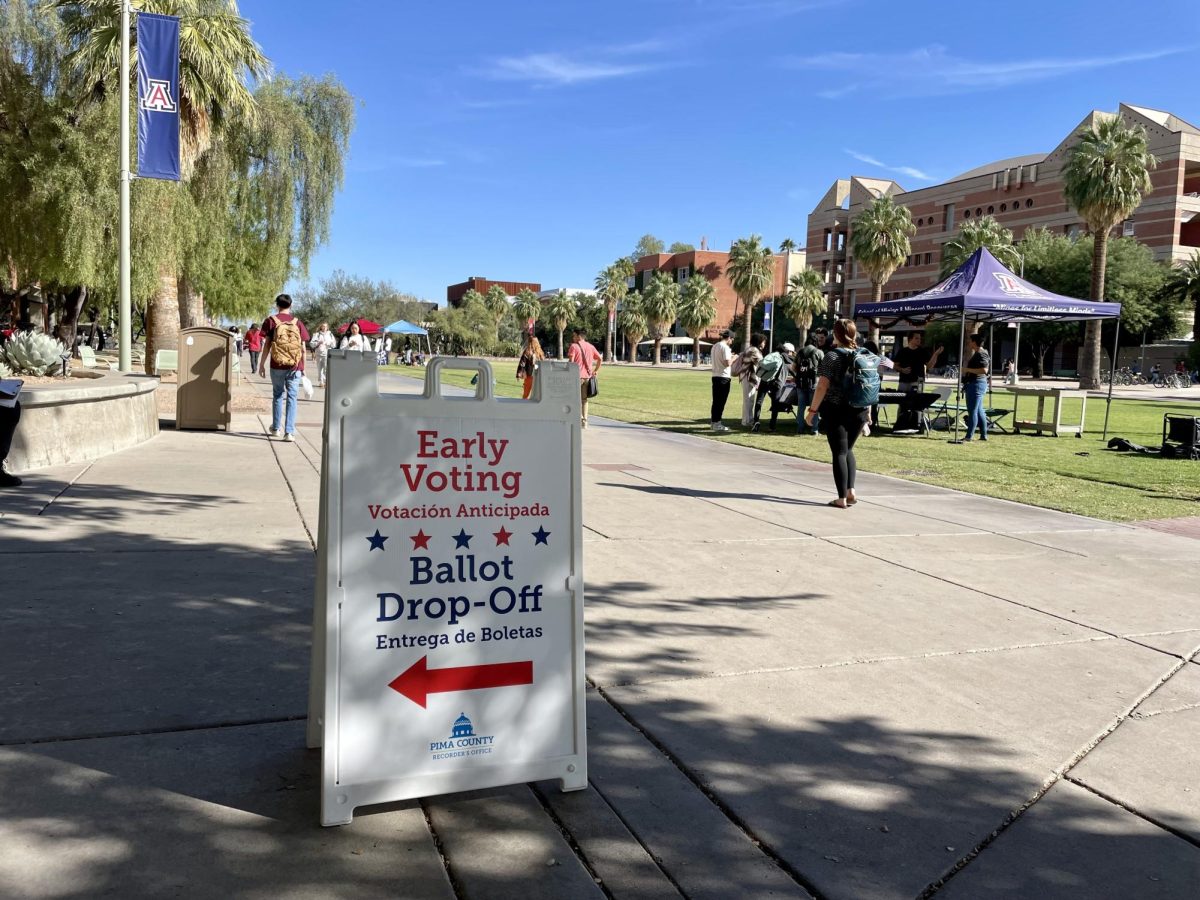Philanthropist, author and physician Dr. Andrew Weil committed $15 million to the UA Center for Integrative Medicine on March 12. The center was renamed the Andrew Weil Center for Integrative Medicine in Weil’s honor. Weil is a celebrity doctor known as a “guru” of alternative medicinal brands. He founded the Center for Integrative Medicine at UA 25 years ago and has made previous donations to the center, totaling $5 million. The Daily Wildcat spoke with Weil on his contributions and his hopes for the center.
RELATED: HEALTH CORNER: Dr. Andrew Weil just wants you to eat well
Daily Wildcat: You recently donated $15 million to name the UA Center for Integrative Medicine. Why did you decide to give a donation of that size?
Andrew Weil: Well, the program needs to be on solid financial footing. For a long time, we’ve needed a physical building to bring together all of our people who are now scattered all over, and we needed some endowed professorships. This is really part of the commitment to grow the center, and the university is going to find matching funds for all these things that we’re doing.
DW: What do you hope they do with the money?
AW: Well, first we want a building, and the building has to reflect the philosophy of integrative medicines, so the planning and design of the building will be consistent with that philosophy. We hope to have a demonstration kitchen and gardens and spaces for people to reflect. We may see a few patients there, but in addition, we’re going to be opening a clinic with Banner Health. It’ll be separate from the university.
DW: What led to you founding the Center for Integrative Medicine in 1994?
AW: You know, I really felt there was an urgent need to change medical education, and we started off as a relatively small program. We trained four fellows a year, we developed a curriculum in integrative medicine, and then, after a number of years, we expanded that to a distributive learning format and began training many more people. We’ve just grown steadily and became a center of excellence and now are quite a large and growing part of the College of Medicine.
DW: What are your hopes for the future of the Center for Integrative Medicine?
AW: I really hope that — first of all, I think we already are the world leader in education in this field — we’d like to see a really robust research program as well. We want to offer clinical services, and we are gonna try to develop new models of clinical care that can be the way of healthcare in the future. Because we really feel that integrative medicine can produce better outcomes at lower costs than conventional medicine and the most common conditions that now absorb most of our healthcare dollars.
DW: You’ve now donated a total of $20 million to UA. What led you to start donating to the school?
AW: For a long time, we were really pressed for money. We never got money from the state of Arizona. We got some federal funds, and we have become self-sustained through tuition, but we’ve never had enough money to grow and add faculty. A long time ago, I donated my salary back to the university to go to the center.
DW: You’re a physician, author and spokesperson. You’ve been on covers of TIME magazine and have received multiple awards and high rankings for your work. What’s been the highlight of your career so far?
AW: Really, I think at this moment, having the university finally acknowledge that we are a very valuable asset and commit to raising funds to give us a physical presence on the campus and support the growth of integrative medicine, that’s been really gratifying to see that happen.
RELATED: UA Health Sciences reveals their strategic plan
DW: Do you have anything to add?
AW: I think a lot of this has happened because Bobby Robbins became president and really, I think, is the first president of the University of Arizona who really understood integrative medicine and saw its value. So it’s his commitment to it that has led to all these developments.
Follow Quincy Sinek on Twitter









